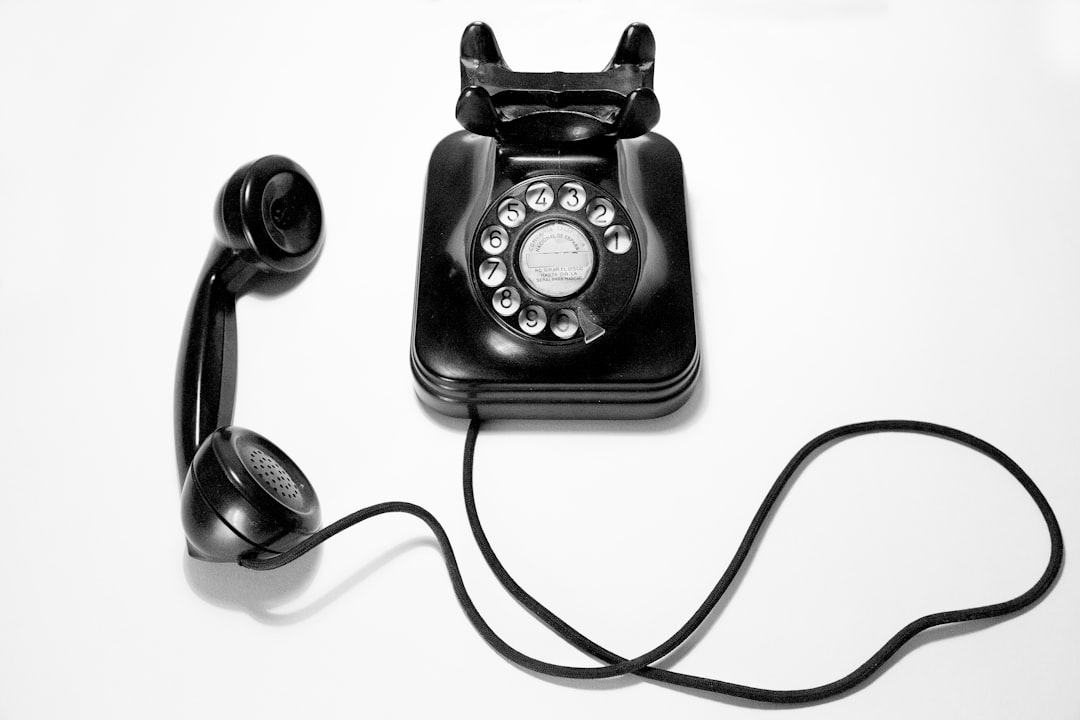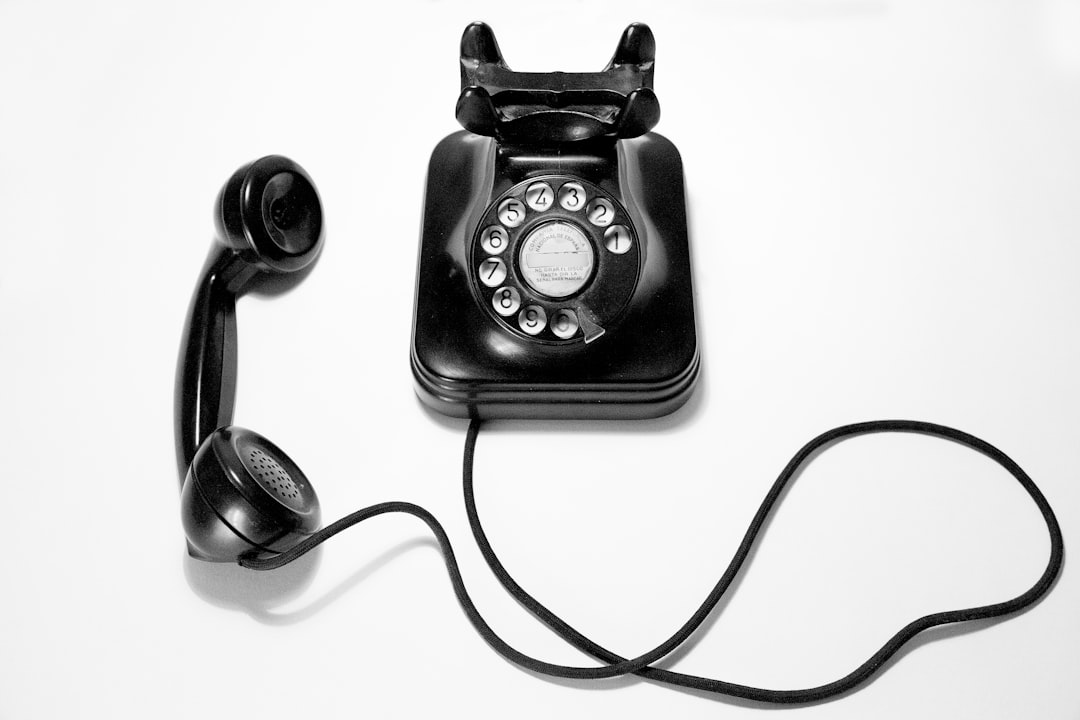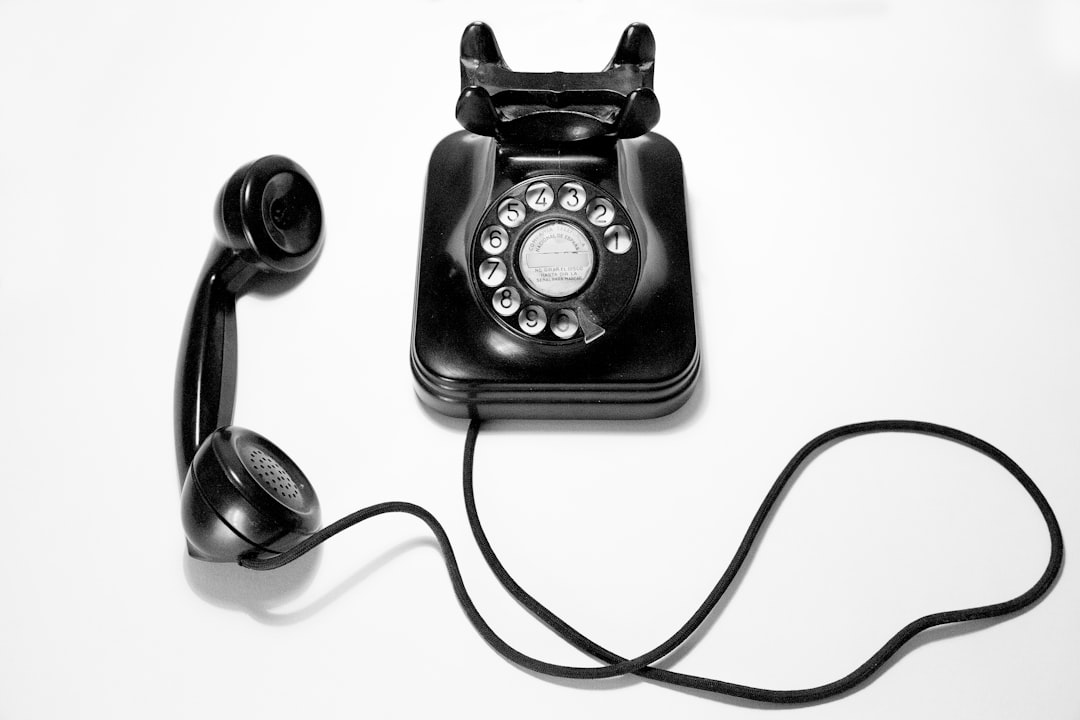Minnesota debt collectors require licensing from the Commerce Department to operate within state laws protecting consumers from aggressive practices. This involves adhering to 'Do Not Call' restrictions for law firms and using non-deceptive language when contacting consumers. Compliance is crucial to avoid legal issues, particularly regarding prohibited calls to law firm numbers.
“Uncover the intricacies of debt collection in Minnesota with our comprehensive guide. Navigating the state’s licensing requirements is crucial for collectors, ensuring compliance and consumer protection. This overview delves into the key aspects, including who requires a license and the straightforward application process. For those seeking to operate within the legal framework, understanding these rules is essential. Discover how to become licensed, avoiding the pitfalls of unregulated practices, and contributing to a transparent debt collection landscape in Minnesota.”
Understanding Minnesota Debt Collector Licensing Laws

Understanding Minnesota’s debt collector licensing laws is crucial for anyone operating in this space. The state has specific regulations to protect consumers from aggressive or unfair debt collection practices, ensuring a balanced and transparent process. These laws cover various aspects, including registration, training, and ethical conduct, holding debt collectors accountable.
For instance, debt collectors in Minnesota must obtain a license from the state’s Commerce Department, demonstrating their compliance with local rules. Additionally, they are subject to regulations that restrict certain practices, such as contacting consumers at inappropriate times or using deceptive language. Understanding and adhering to these laws is essential for debt collection agencies and individual collectors to maintain integrity and avoid legal repercussions, especially with the ‘Do Not Call’ law firmly in place, prohibiting calls to law firm numbers.
Who Needs to Be Licensed in Minnesota?

In Minnesota, only debt collectors and their employees who engage in debt collection activities within the state need to be licensed. This includes individuals or companies that use any means to collect debts from consumers, including phone calls, letters, emails, or even personal visits. However, there are some key exemptions to keep in mind.
Businesses that solely provide debt relief services, credit counseling, or debt settlement advice are not required to obtain a license from the Minnesota Department of Commerce. Additionally, employees who work for a licensed debt collector but do not directly contact consumers—such as back-office staff—are typically exempt from licensing requirements. It’s essential for debt collectors to understand these criteria to ensure compliance with Minnesota’s regulations, particularly when avoiding direct communication with law firms, as per the state’s Do Not Call laws.
The Application Process for Debt Collector Licenses

In Minnesota, debt collectors must obtain a license from the Minnesota Department of Commerce before engaging in collection activities. The application process involves submitting a completed license application form along with required fees and supporting documents to demonstrate compliance with relevant laws and regulations. Once received, applications are reviewed for accuracy and completeness, ensuring applicants meet all necessary criteria.
Candidates must also pass an exam to obtain their licenses. This assessment is designed to test knowledge of state and federal debt collection laws, fair debt collection practices, and consumer protection regulations. Upon successful completion, individuals are issued a license, authorizing them to operate as debt collectors within the state while adhering to established guidelines, including those intended to prevent Do Not Call law firm restrictions in Minnesota.






